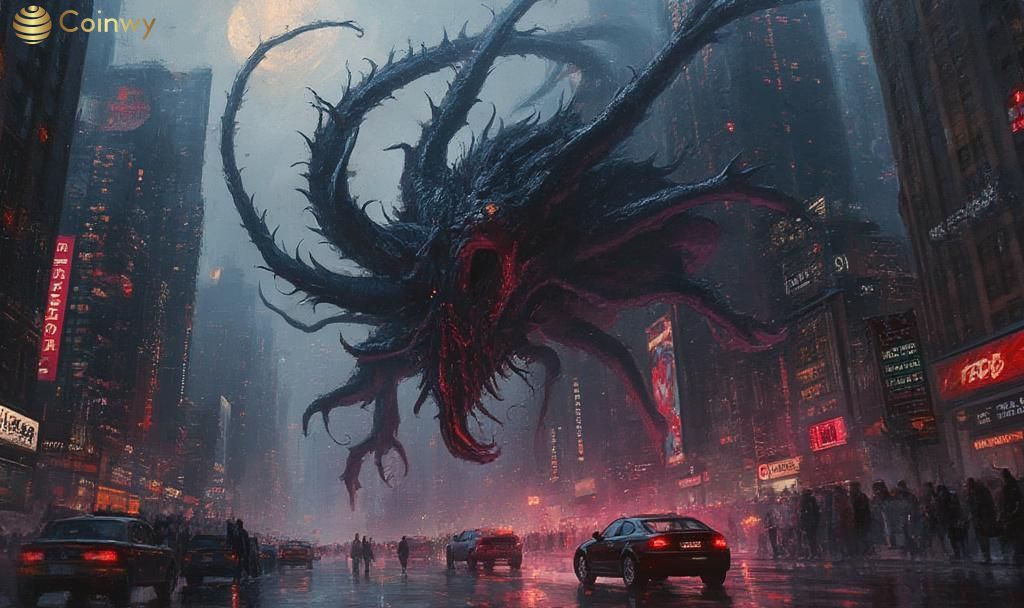- Kraken pauses Monero deposits post-51% attack by Qubic mining pool.
- Deposits paused; trading and withdrawals unaffected.
- Concerns raised about PoW network security and mining centralization.
Kraken temporarily suspended Monero deposits after a 51% attack by the Qubic mining pool, causing a six-block chain reorganization on the Monero blockchain.
The suspension of Monero deposits raises concerns on blockchain security, reigniting discussions on potential vulnerabilities, impacting market confidence and privacy coin stability.
Kraken has paused Monero (XMR) deposits following a 51% attack on the Monero blockchain. The attack, attributed to the Qubic mining pool, resulted in a six-block chain reorganization.
Kraken, a top-tier centralized exchange, has stated that trading and withdrawals for XMR remain operational. CEO Dave Ripley emphasized the decision as a security precaution due to the mining pool’s excessive hashing power.
“As a security precaution, we have paused Monero (XMR) deposits after detecting that a single mining pool has gained more than 50% of the network’s total hashing power. This concentration of mining power poses a potential risk to network integrity. We are actively monitoring the situation and will resume deposits once we determine it is safe to do so. Trading and withdrawals for XMR remain fully operational.” – Dave Ripley, CEO, Kraken
Following the 51% attack, Monero observed a 14% price drop.
The cryptocurrency community has expressed concern over network security and mining pool centralization.
The event has revived debates about Proof-of-Work network vulnerabilities, potentially impacting other mid-sized chains. There’s a lack of official responses or statements from core Monero developers as of this report.
Until Monero’s blockchain stabilizes, Kraken’s XMR deposits will remain suspended. Analysis suggests potential implications for privacy coins amid increased regulatory pressures.
53.5% hashrate control concentrated by the Qubic mining pool resulted in approximately 60 orphaned blocks. The incident might affect other coins, following past scenarios where exchange deposit freezes were enacted to protect network integrity.







